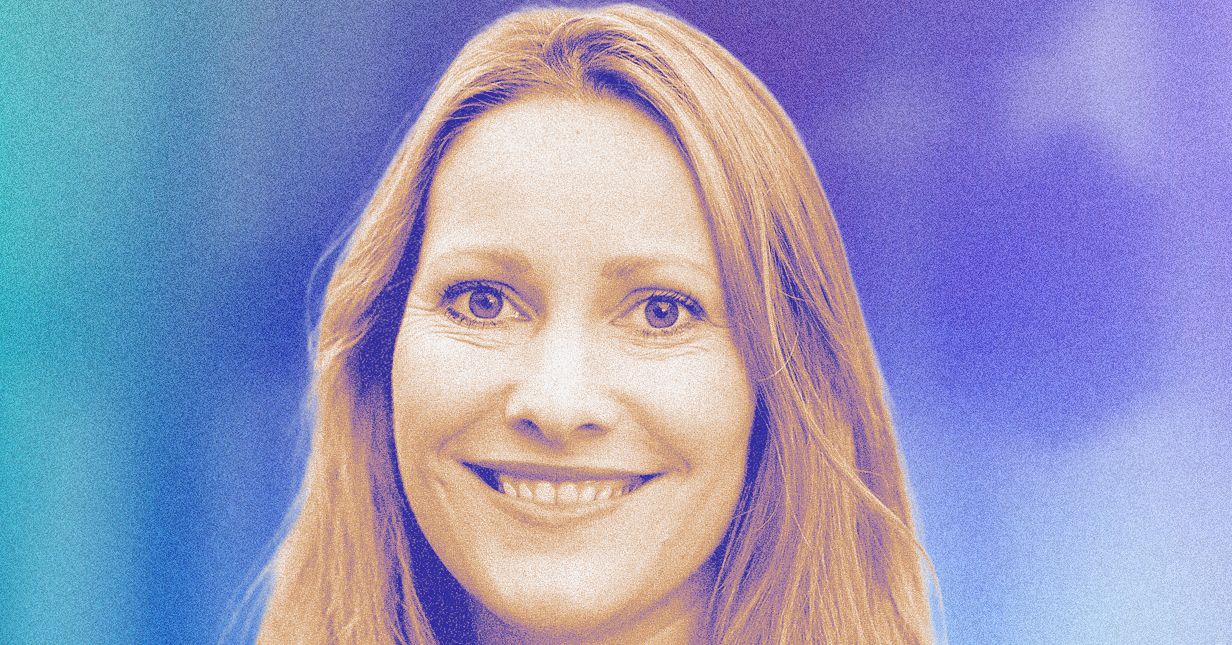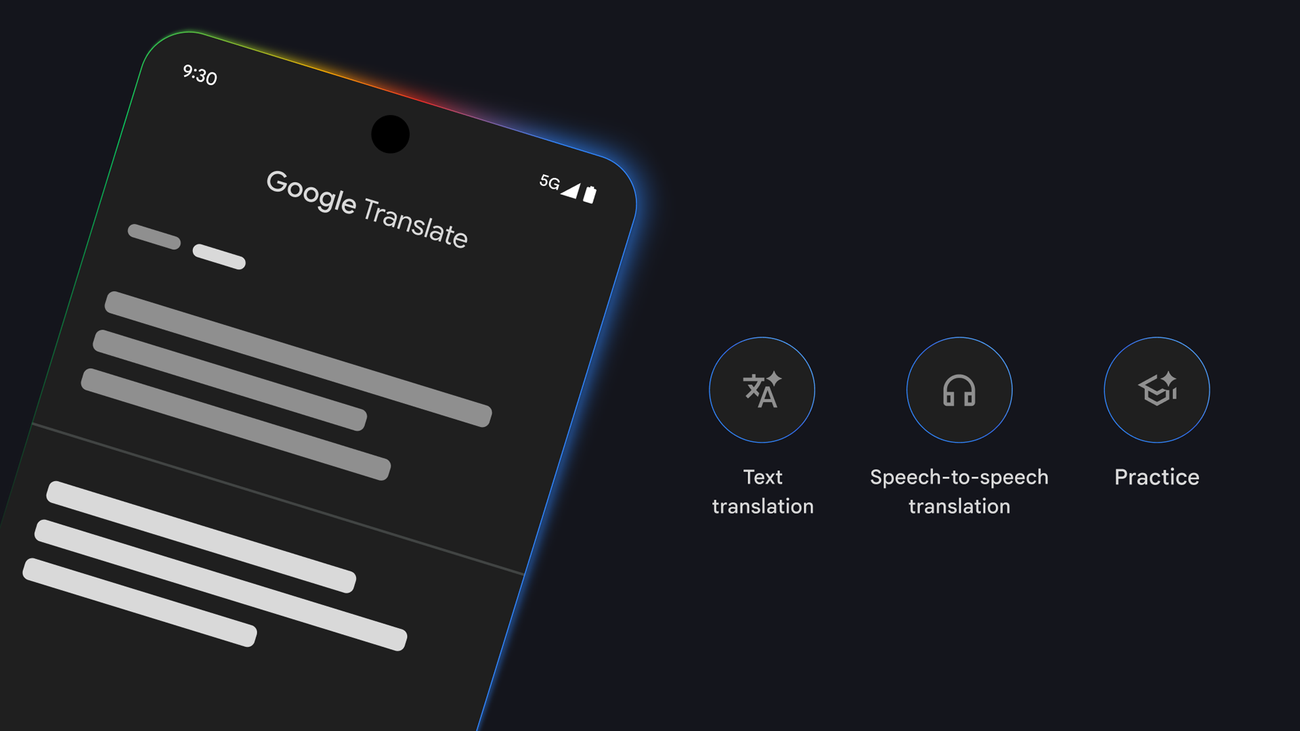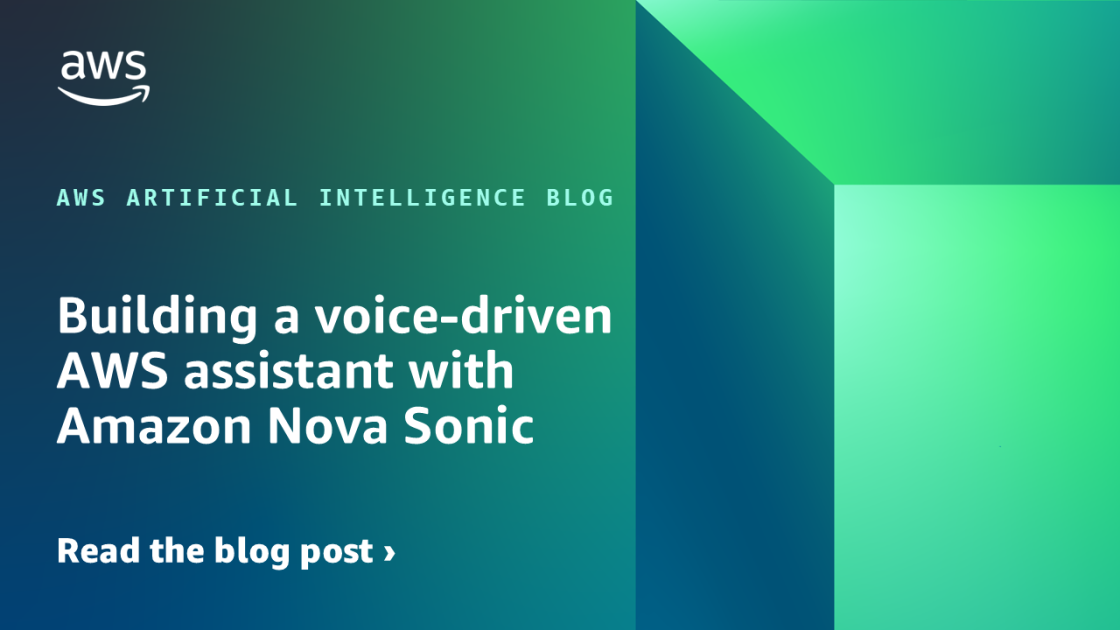After spending her early 20s as a nanny in the UK, Laura Bates noticed that the young girls she was caring for were preoccupied by their bodies, spurred on by the marketing they were receiving. In 2012, Bates, a London-based feminist author and activist started The Everyday Sexism Project, a website dedicated to documenting and combatting sexism, misogyny, and gendered violence around the world by highlighting insidious instances of it such as invisible labor, referring to women as girls and commenting on their attire in professional settings. The site was turned into a book in 2014.
Since then, the sexual harassment of women has encroached into online spaces, including Bates’ own experience with being the victim of deepfake pornography, which prompted her to write her new book, The New Age of Sexism: How AI and Emerging Technologies Are Reinventing Misogyny, published September 9 by Sourcebooks.
While gender-based violence is still usually perpetrated by people close to the victim, the quick, easy, and cheap if not free access to artificial intelligence “is lowering the bar for access to this particular form of abuse very rapidly,” Bates tells WIRED. “Any person of any age who has access to the internet can now … make hugely realistic abusive, pornographic images of any woman or girl who they have screengrabbed a fully-clothed image of from the internet.”
Through first-hand research that involved speaking to tech creators and women who’ve been victimized by AI and deepfake technology, as well as using the chat and sexbots she decries, in The New Age of Sexism Bates charts the ways in which, if not properly and urgently regulated, AI is the new frontier in the subjugation of women.
“I know people will think, ‘she sounds like a pearl-clutching, nagging, uptight feminist,’ but if you look at the top of the big tech companies, men at those levels are saying exactly the same thing that I am,” Bates says, pointing to Jan Leike, who departed OpenAI last year amidst concerns over the company prioritizing “shiny products” over safety, as an example. “This warning call is being sounded by people who are embedded in these companies at high levels. The question is whether we’re prepared to listen.”
Bates also talks to WIRED about how AI girlfriends and virtual assistants can indoctrinate misogyny into kids, AI’s environmental footprint reaching women first, and how it never takes long for new technologies to devolve into the bigoted biases of its creators and users.
This interview has been condensed and edited for length and clarity.
WIRED: One thing that struck me about your book is it never takes long for new developments to devolve into misogyny. Do you think that’s fair to say?
Laura Bates: It’s a long, well-trodden pattern. We’ve seen it with the internet, we’ve seen it with social media, we’ve seen it with online pornography. Almost always, when we are privileged enough to have access to new forms of technology, there will be a significant subset of those which will very rapidly end up being tailored to harassing women, abusing women, subjugating women and maintaining patriarchal control over women. The reason for that is because tech itself isn’t inherently good or bad or any one thing; it’s encoded with the bias of its creators. It’s reflecting historical societal forms of misogyny, but it gives them new life. It gives them new means of reaching targets and new forms of abuse. What’s particularly worrying about this new frontier of technology with AI and generative forms of AI in particular is that it doesn’t just regurgitate those existing forms of abuse back at us—it intensifies them through further forms of threats, harassment and control to be exercised by abusers.







